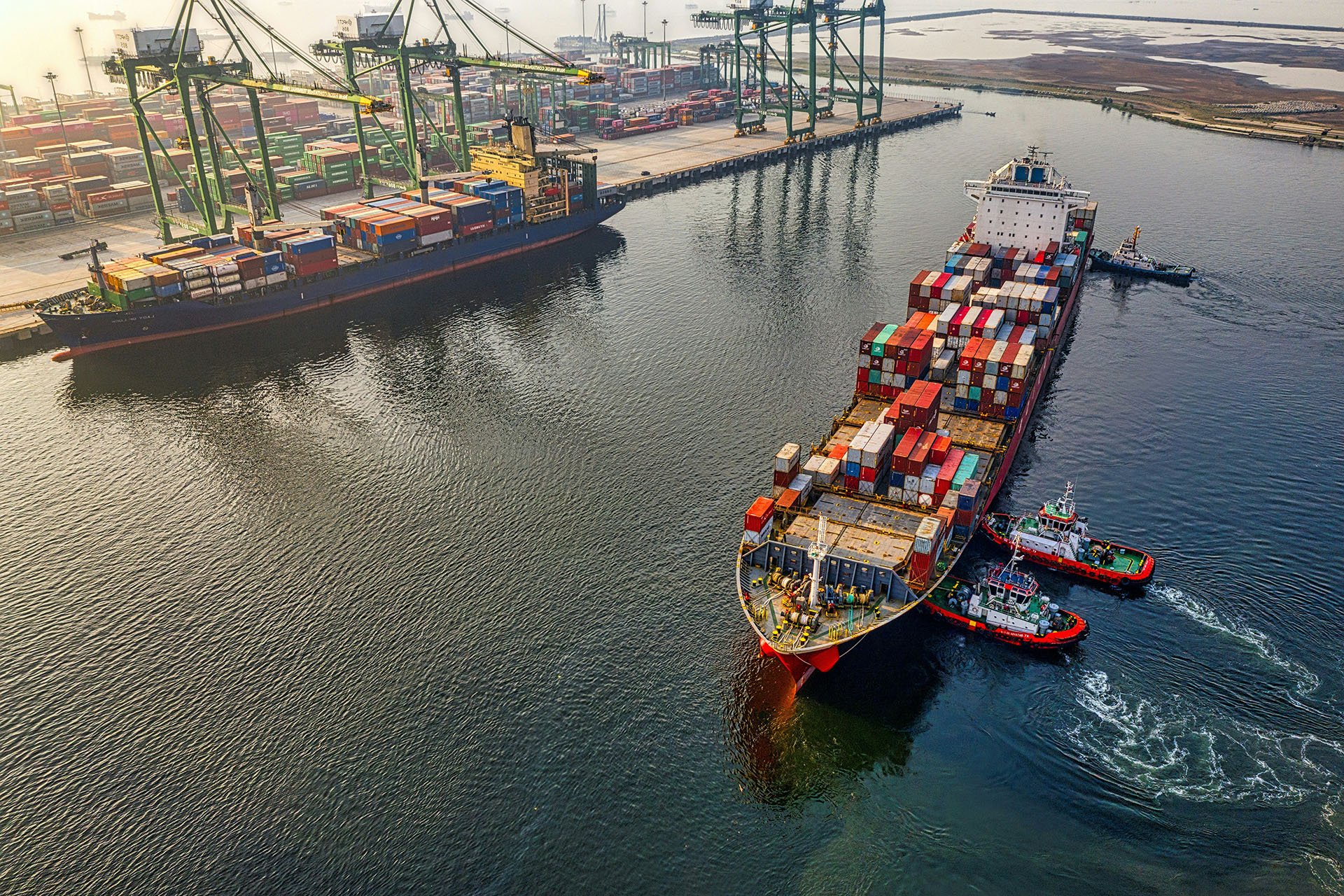Storms, Wrecks, and the Splendid Isolation of Writing
Like everyone else in the world—well, those of us who don’t live in Myanmar or Tigray or Yemen or any number of places where survival takes precedence—I’ve been watching the drama of the container ship Ever Given wedged in the Suez Canal after a dust storm that moved quickly and apparently suddenly across the region.
Dust (or sand) storms are no joke. I experienced a couple of major ones and several minor ones when I lived in Morocco, plumes of Saharan Desert dust blowing up and fanning out before moving out to sea, and it’s scary. Later, when I read The Flight of the Phoenix, I appreciated the terror and gravity of the situation the characters were in, and that knowledge (along with Elleston Trevor’s brilliant writing) kept me on the edge of my seat. There is nothing the desert can throw at you that’s benign.
So I’m more inclined than others to cut this container ship navigator a little slack, though, as we’ve all seen, comedians are having a field day with the situation. My friend Carem sent me a satellite image of the canal with the caption, “You may make bad mistakes, but at least they’re usually not we-can-see-your-mistake-from-space bad.” The late-night hosts are enjoying themselves immensely.
I had a particular interest in the Ever Given’s situation. Decades ago, when I was a lot younger (and a lot stronger!), I flirted with the idea of getting a job aboard a cargo ship. Months at sea didn’t faze me; when I wasn’t working at whatever job I was assigned, I’d have hours and hours to write. No distractions. No interruptions. Just me and the muse. At that time, crews numbered around sixteen people, and there was a lot of room on a big ship to lose oneself and feel completely alone.
I liked that idea.
It was untenable, of course, not least because I had no perceivable skills and also because I was female, but it was a bit of a dream, to write in isolation. I’m not the only one: it’s the driving force behind writing retreats and writing fellowships and writing colonies. Why not do it onboard?
The truth is, you don’t have to do anything quite as dramatic as getting signed on as ship’s crew. We’re all already there: writers think and create in isolation. Your isolation is really your workspace. No matter where you are physically, you’re simultaneously alone: it’s in your mental solitude that you build your story, that you interact with your characters, that you listen to the inner narrative voice guiding your craft. Isolation isn’t optional; it’s essential.
The rest of it—where we work, who we interact with, what surrounds us—is of course important and part of the process. We need input—sensory, social, intellectual—in order to contextualize the work. I live alone and work alone and in fact have been accused on more than one occasion of being antisocial, and that works for me, but it’s not prescriptive. I’m not saying we all need to take to the woods. But what I am saying is that some isolation is essential to our craft.
So as I looked at the ship lodged in the Suez Canal, there was one small part of me that wondered what it would have been like to be on board. To check out the eleven tugboats’ maneuvers. To watch the salvage company at work. To observe the psychological toll the situation is taking on the crew. There’s enough material there for years of writing.
Maybe that’s the writer’s lesson from all this. Observe whatever you can, when you can; you never know when something will prove helpful. And guard your workspace, your splendid isolation, because that’s home—that’s where you eventually belong.

